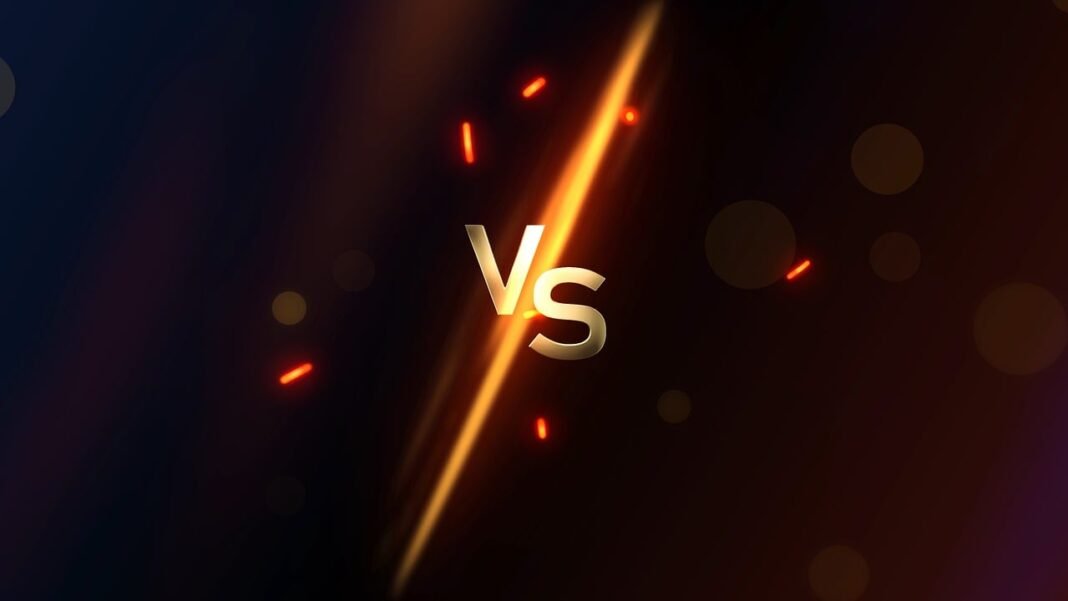Introduction
Crowdfunding has democratized the way entrepreneurs and innovators raise funds, allowing them to bypass traditional financial institutions and connect directly with potential backers. However, traditional crowdfunding platforms are not without their flaws, including high fees, inefficiencies, and a lack of transparency. Enter blockchain technology—a game-changer poised to revolutionize the crowdfunding space by making it more transparent, efficient, and fair.
The Evolution of Crowdfunding
Initially, crowdfunding was a straightforward process where people pooled their money to support a cause or project. Platforms like Kickstarter and Indiegogo brought structure and legitimacy, but also introduced new challenges such as high fees and centralized control. These issues create a need for a better system, one that blockchain technology can provide.
Understanding Blockchain Technology
Blockchain is a decentralized ledger that records transactions across a network of computers. Transactions are grouped into blocks, which are then linked together in a chain. This structure ensures that once a transaction is recorded, it cannot be altered or deleted, providing a high level of security and trust. Key features of blockchain include:
- Decentralization: No single entity has control over the entire system.
- Transparency: All transactions are recorded on a public ledger, viewable by anyone.
- Immutability: Once a transaction is recorded, it cannot be changed.
- Smart Contracts: Self-executing contracts with the terms written into code, which automatically execute when predefined conditions are met.
How Blockchain Enhances Crowdfunding
Blockchain addresses many challenges of traditional crowdfunding:
- Enhanced Transparency and Trust: All transactions are recorded on a public ledger, allowing backers to see exactly where their money is going. This builds trust and eliminates the potential for hidden fees or mismanagement of funds.
- Reduced Fees and Costs: Traditional platforms often charge high fees. Blockchain reduces these costs by eliminating intermediaries, allowing direct transactions between backers and creators.
- Improved Efficiency: Smart contracts can automate many administrative tasks, such as releasing funds when milestones are met, reducing the need for manual oversight and speeding up the process.
- Enhanced Security: Blockchain’s immutable ledger and decentralized nature make it more secure. The risk of fraud is reduced, and there is no central point of failure for hackers to exploit.
The Future of Crowdfunding with Blockchain
Blockchain technology will continue to evolve, further impacting the crowdfunding industry. Future trends and developments to watch include:
- Integration: Combining blockchain with artificial intelligence (AI) and the Internet of Things (IoT) can further enhance the crowdfunding process. AI can analyze data and predict project success, while IoT devices can provide real-time updates on project progress.
- Regulatory: Governments and regulatory bodies are creating frameworks to support blockchain use in crowdfunding, ensuring transparency, security, and fairness.
- Adoption: As awareness of blockchain’s benefits grows, adoption will increase, driving further innovation and improvements in the technology.
Blockchain technology holds the promise of transforming crowdfunding by addressing many challenges associated with traditional platforms. By providing enhanced transparency, reduced fees, improved efficiency, and increased security, blockchain is ushering in a new era of transparent and efficient crowdfunding. As technology continues to evolve and gain adoption, we can expect even more innovative solutions that enhance the crowdfunding experience for both creators and backers. The future of crowdfunding is bright, with blockchain leading the way, ensuring that the path forward is transparent, efficient, and secure.



